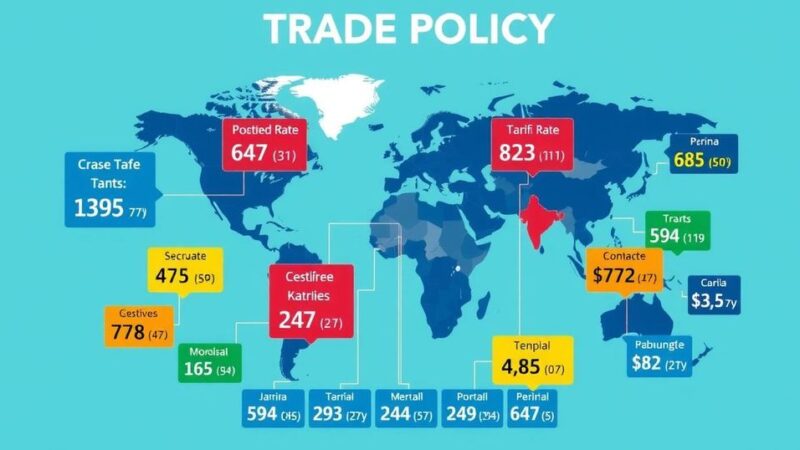Nigeria’s inflation decreased to 23.18% in February 2025, down from 24.48% in January. Contributing factors include a rebase of the Consumer Price Index, lower fuel prices, and a stable naira. Analysts warn of a potential inflation rise by April, prompting the Monetary Policy Committee to maintain interest rates at 27.5%.
In February 2025, Nigeria experienced a decline in inflation for the first time this year, with the rate decreasing to 23.18% from 24.48% in January, according to data from the National Bureau of Statistics. This reduction was attributed to a rebase of the Consumer Price Index (CPI), decreased fuel prices, and a relatively stable naira.
Notably, increased production from the Dangote Refinery resulted in a significant 33% decrease in diesel prices, while petrol prices remained largely unchanged. Food inflation also saw a slight reduction, lowering to 23.51% from 24.08% in the previous month.
Despite this modest progress, analysts have cautioned that inflation could rise again by April due to ongoing global economic challenges. In response to current macroeconomic conditions, the country’s Monetary Policy Committee opted to maintain interest rates steady at 27.5%.
In summary, Nigeria’s inflation rate has temporarily eased due to a stable naira and lower fuel prices, reflecting a modest relief for consumers. Nevertheless, potential April surges in inflation are anticipated, prompting vigilance from analysts. The Monetary Policy Committee’s decision to keep interest rates at 27.5% illustrates a cautious approach amidst these economic fluctuations.
Original Source: www.africa.com






